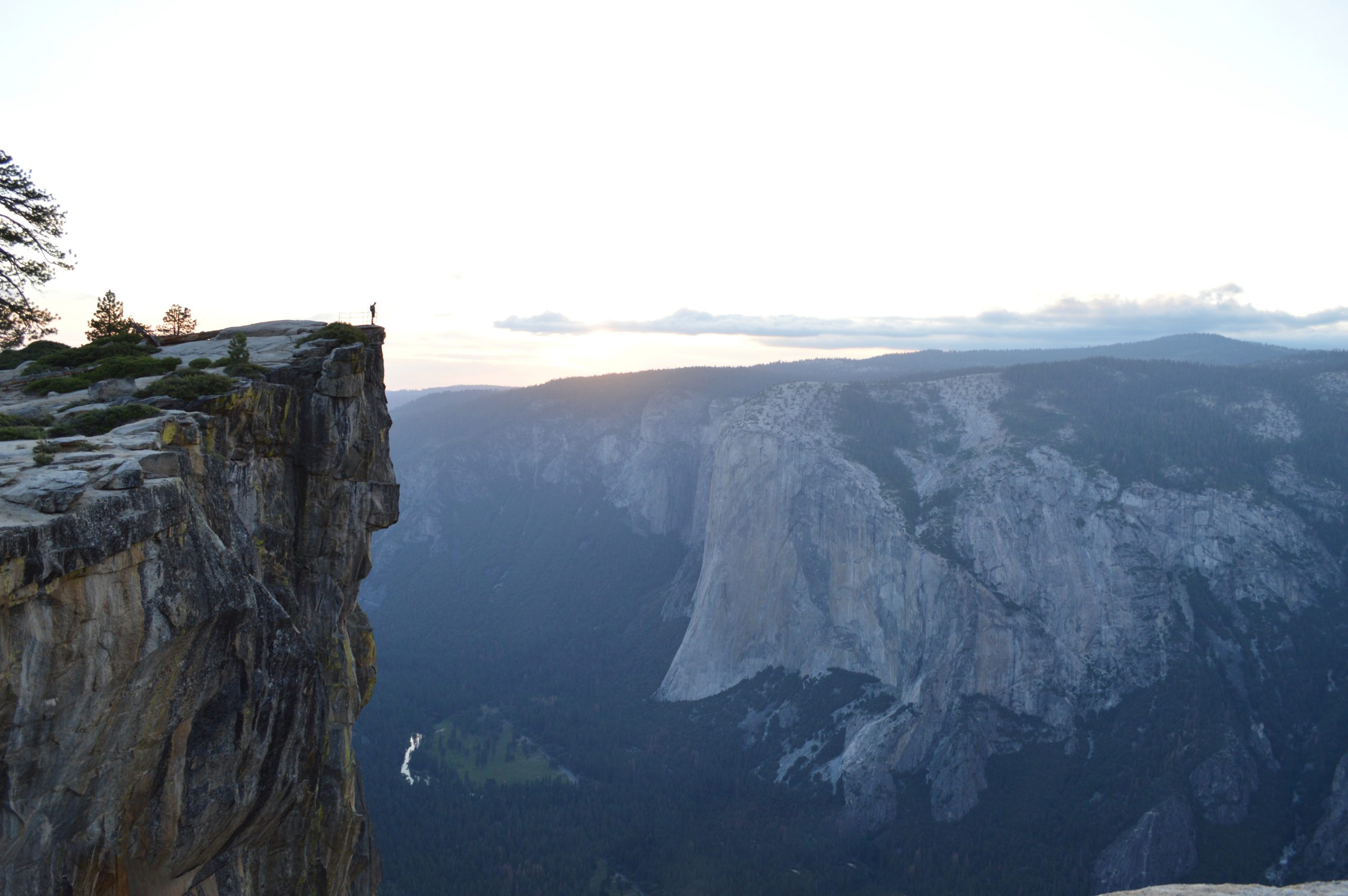
When the new creation comes, it’s going to be unbelievable. Psalm 126 can help you imagine it.
A Song of Ascents.
1 When the Lord brought back the captive ones of Zion,
We were like those who dream.
2 Then our mouth was filled with laughter
And our tongue with joyful shouting;
Then they said among the nations,
“The Lord has done great things for them.”
3 The Lord has done great things for us;
We were glad.
This is a song of ascents, a psalm written in honor of ascending to Jerusalem.[1] You wouldn’t expect a song about ascent to Jerusalem to be written when Jerusalem is destroyed and its people are in captivity, but it seems that this is exactly what we have. On a first reading, we might think that this psalm writer remembers a time in the past when the Lord brought back the captives of Zion (v. 1). However, the next verse (v. 4) sends us in another direction.
4 Restore our captivity, O Lord,
As the streams in the South.
Here, the writer prays that the Lord will bring back the captives to Zion as if it hasn’t happened yet. This leads us to think that the writer may very well still be in captivity, probably in Babylon. So, rather than remembering a return from captivity in the past, this writer is creating an imaginative memory of what will take place in the future.
Thus we have a strange song of ascents. Since Mt. Zion and its temple have been destroyed, it’s clearly not a psalm about the Mt. Zion that is, but about the Mt. Zion that will be.
And his mind is full of imagination. “What is it like for the captives of Zion when they come home?” he asks. They are like those who dream. It is an experience so incredibly joyful that they can hardly believe it’s happening. You might know the surreal feeling of finally experiencing something that you’ve waited for a long time, like a wedding or the birth of a child. You can’t believe it. You feel almost dazed.
He says it is such a happy experience that their mouths are filled with laughter and their tongues with shouts of joy. You can feel the rush of exhilaration, like the rush you may have experienced a sporting event when something really good happens for your team. It takes your breath away.
The nations look on and are astounded at the great things that the Lord has done for his people and the Lord’s people are glad.
It’s like streams in the Negev, he says. The Negev is the dry and dusty southern portion of Israel. The stream beds in this area often stay dry during the long summer months and then, when the short rainy season comes, they fill up and burst into life. That is what it is like when the captivity of Zion is restored.
The final picture is a farmer who goes out with a bag of seed, toiling hard and even weeping. This represents the captivity. This same farmer then goes out to his fields, harvests his produce, and comes home with a shout of joy. This represents the restoration.
5 Those who sow in tears shall reap with joyful shouting.
6 He who goes to and fro weeping, carrying his bag of seed,
Shall indeed come again with a shout of joy, bringing his sheaves with him.
So how do we apply this to our own lives, since we aren’t in Babylon and don’t worship at the temple? I believe that the Bible invites us to read this Psalm bigger than its original context. Isaiah and the book of Revelation help us to connect the exile and restoration of Jerusalem with the brokenness and restoration of the world. Yes, Jerusalem was sort of restored when the few Babylonian captives came back years ago in history. But when Jerusalem is truly restored, as depicted at the end of Revelation, it signifies the beginning of a completely new creation.
So, perhaps what we can do is just imagine . . . imagine along with this Psalm writer what it will be like when Zion, and the world, is really restored. It will be like a dream, such a happy dream that we won’t be able to contain our laughter and shouts of joy. It will be like streams in the Negev, dry for so long, but finally filled with water and bursting into green life. It will be like a farmer who, having toiled long and hard and with tears, finally goes out to harvest his crop and brings it home with shouts of joy.
Editor's Note: This originally published at Bulletin Inserts.

